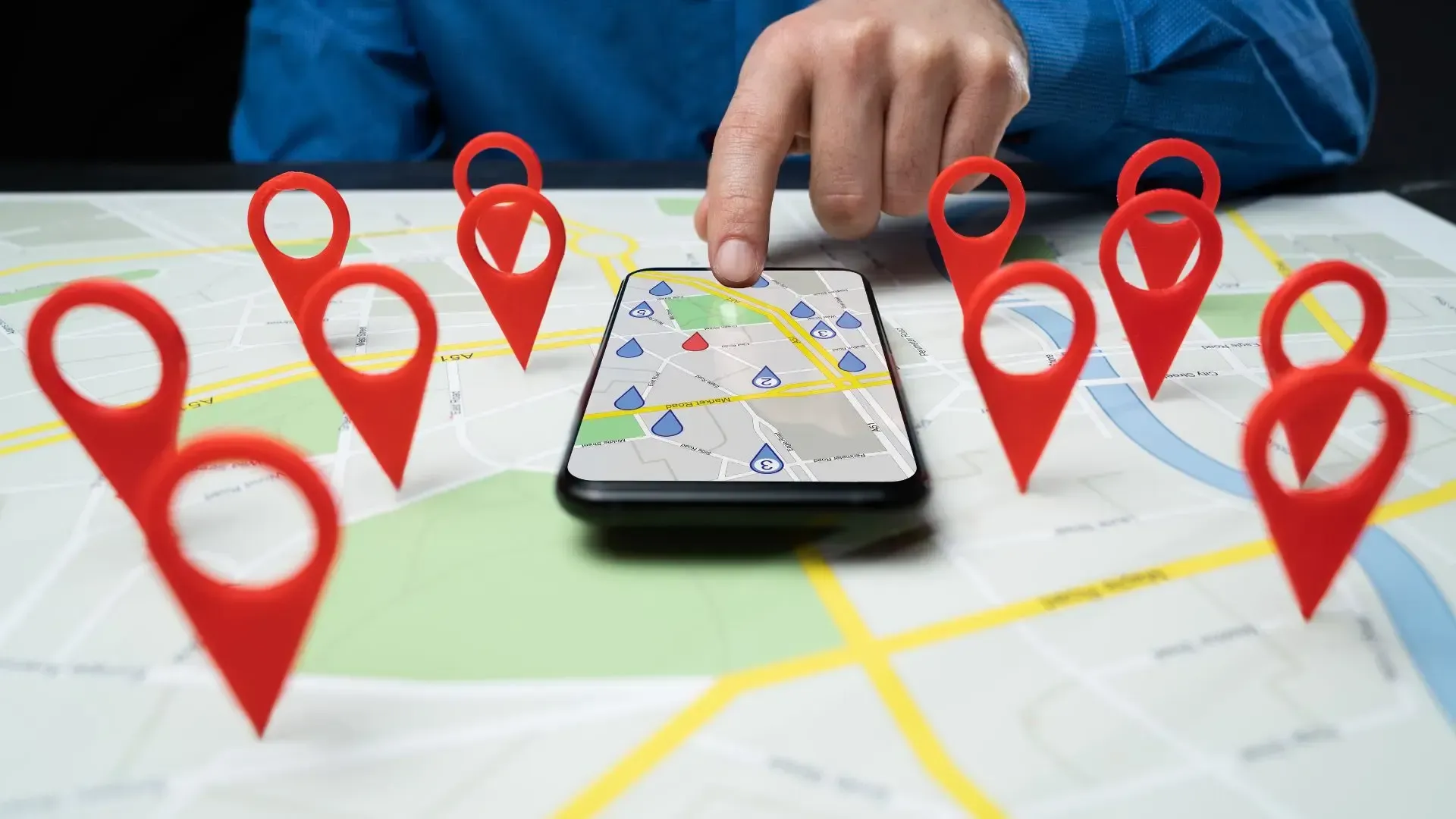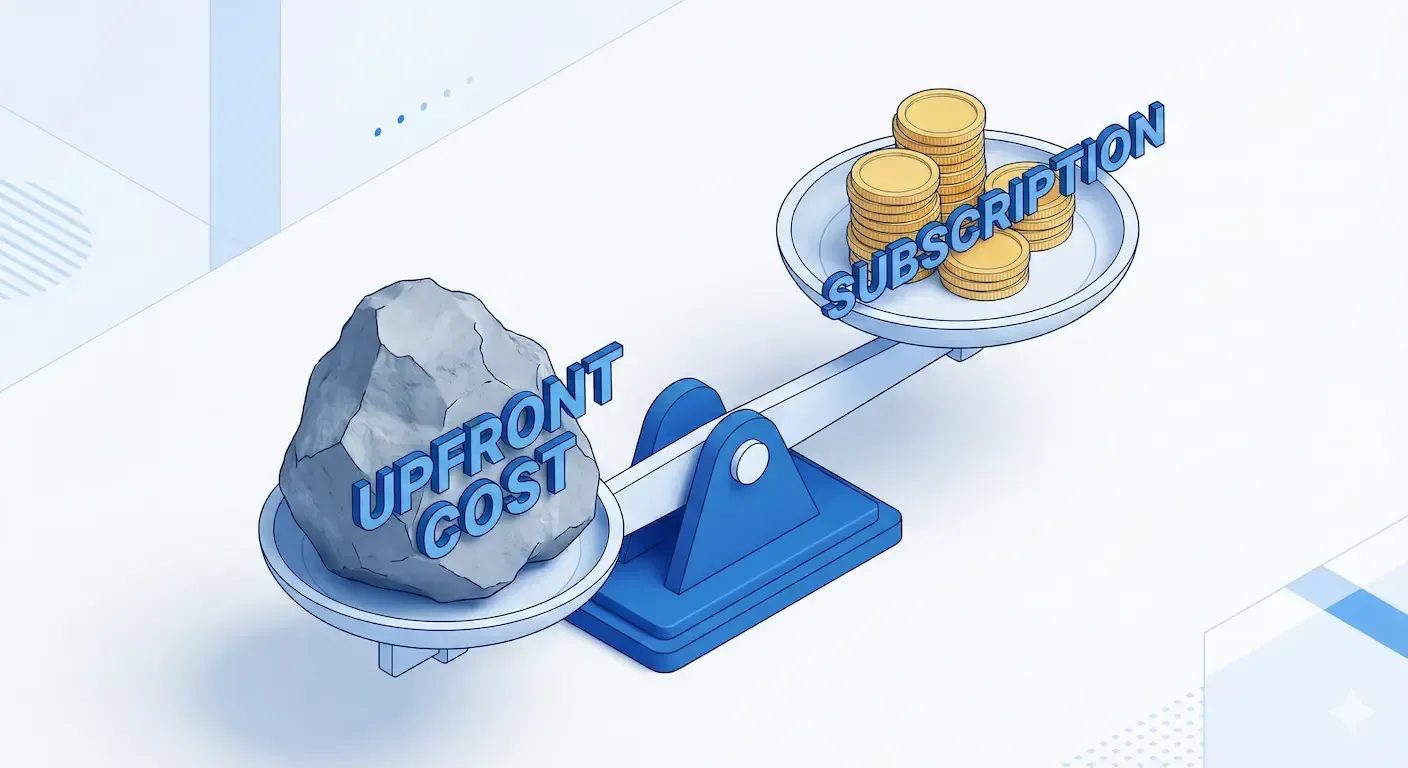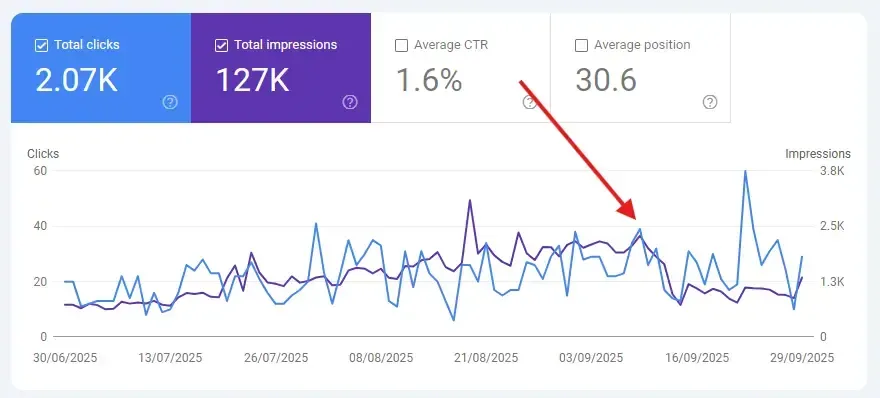Digital Marketing Definitions for Beginners
Every industry has terms, acronyms, buzzwords and jargon, and digital marketing is no different. If you are just starting to grow your business online, there are some words that can be dropped into a conversation that are tricky to decipher or need a little more explaining. Rather than waiting for the tumbleweed to pass, here are a collection of digital marketing definitions for beginners.
Keywords
Keywords dominate digital marketing. They are words or phrases your target audience actively use in search engines to find specific goods or products. A skilled SEO expert researches beyond the most obvious keywords and seeks out the lesser used terms and phrases that the target audience use. This approach means there is less competition on the results pages, and the site is more likely to be seen, which increases traffic!
Keywords are used for your organic search (used in your website content), Google Ads and increasingly for voice search.
Organic traffic
When people find your website via the search engines, they are organic traffic. Organic traffic is free, but it relies on your website design being optimised with technical SEO and having quality and engaging content.
It takes time to build up organic traffic levels but if you adhere to Google’s recommendations of E-A-T (namely expertise, authority and trust), Google will reward you with increased visibility and that means more visitors.
Paid traffic/ PPC
Paid traffic or PPC (pay-per-click) is the antithesis of organic search. You pay for the privilege of being at the top of the search results, and while it may feel like cheating (getting ranked organically takes time and a lot of effort), it brings quick and immediate results.
The price you pay for your Google Ads relies on the popularity of the keyword you are targeting – the more popular, the more you pay.
Conversion
Website designers and content creators put their heads together to control the website visitor’s journey. This is typically through persuasive content and strong calls to action to compel the visitor to take a desired action. When the visitor takes the bait, it is called a conversion. Examples include:
- Completing a form
- Downloading an eBook
- Making a purchase
- Subscribing to a newsletter
Impressions
An impression is simply the number of times your ad has been seen by a viewer. One view equals one impression. If someone sees your ad many times, it counts as multiple impressions.
Unique impressions are the number of individuals who saw your ad – irrespective of how many times they saw it. Note that if the same person sees an ad on different devices, each view counts as a unique impression.
CTR – click through rate
The click through rate is the percentage of people who click through to a site via a link. The link is typically via an advert, another website page or an e-mail.
Divide the number of impressions by the number of clicks.
You want high CTR – it shows the content you are creating is working its magic and compelling people to take positive action - big tick!
Digital Presence understands how new phrases and terms can make digital marketing seem like hard work, which is why we demystify the processes and explain everything in language we can all understand.
To get the best results from your search engine marketing we get to know your business, who your customers are and where they come from (why sell to the North Island if your business needs Christchurch SEO?). If you want to learn more about how Digital Presence your local digital marketing agency Christchurch can help you, get in touch today. We’re more than happy to help.











